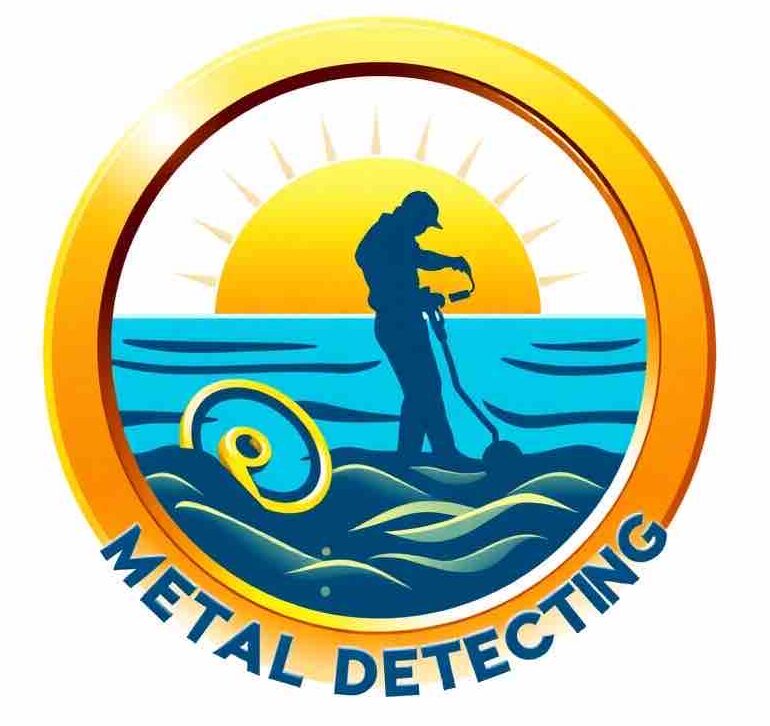Creating a sand scoop by yourself can be both economical and fulfilling. To get started, you’ll need to gather the right materials. Steel or aluminum mesh works great for durability, yet others might prefer plastic for a lighter tool. It’s important to balance weight with strength.
When picking the size and shape of your scoop, consider the types of treasures you hope to find. A broader scoop covers more ground, perfect for hunting small trinkets, while a more compact version might offer more precision. Ensuring you can use it with ease comes down to designing the handle just right.
With some basic tools like a drill and a few clamps, you can get into building. Start by attaching the mesh to a sturdy frame. This will form the basket of your scoop. Reinforcing key points ensures it holds up at the beach without breaking a sweat.
Don’t overlook the ergonomics of the scoop. A handle that’s comfortable to grip, perhaps cushioned or angled, makes a world of difference during those long days out searching for treasure. Adjust it to your height and arm length to avoid strain.
One of the big perks of a DIY scoop is cost savings. While a store-bought scoop might have you shelling out quite a bit, your homemade version can cost a fraction of the price with materials you might already have lying around or can source cheaply from a hardware store.
Mastering Sorting Techniques: Enhancing Your Beach Detecting Success
Sorting through sand efficiently is key to making the most of your beach detecting adventures. Knowing the type of terrain you’re dealing with can help you adapt your strategy. Whether it’s coarse gravel or fine sand, each requires a different approach. Fine mesh might work better for smaller grains, while larger meshes can speed up the process on rocky terrain.
Precision sifting is an art. By shaking your scoop just right, you can separate potential treasure from the rest. It’s about finding that sweet spot in your movement to avoid losing small but valuable items. Practicing this will make your searches more effective and ensure nothing worthwhile slips away.
Integrating technology into your sorting routine can sharpen your game. Magnets can help you quickly attract and separate ferrous metals from the sand, speeding up the process. Screens added to your scoops or separate sifting trays can organize different sizes of materials, letting you focus on likely finds.
Once you’ve sorted through your materials, keeping your finds secure is important. Practical storage solutions like ziplock bags or divided boxes help you organize everything right there on the beach. This avoids mix-ups and makes going over your finds later a breeze.
Beach detecting is not just about what you find but also about staying safe and protecting the environment. Gloves can protect your hands while digging. Respect local wildlife and plant life to leave the beach as beautiful as you found it. Following these tips makes sure you’re cautious and responsible while enjoying the thrill of the search.
